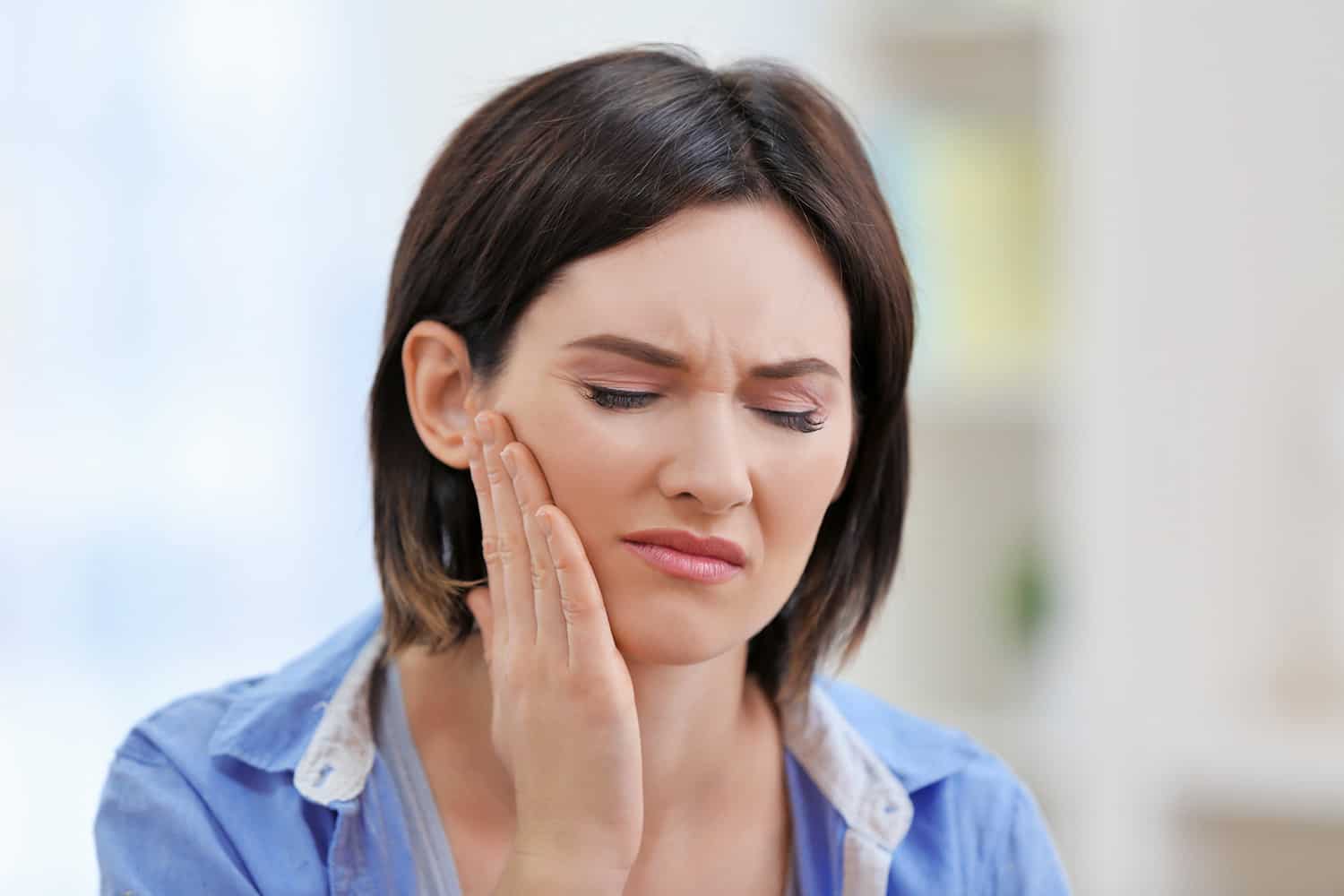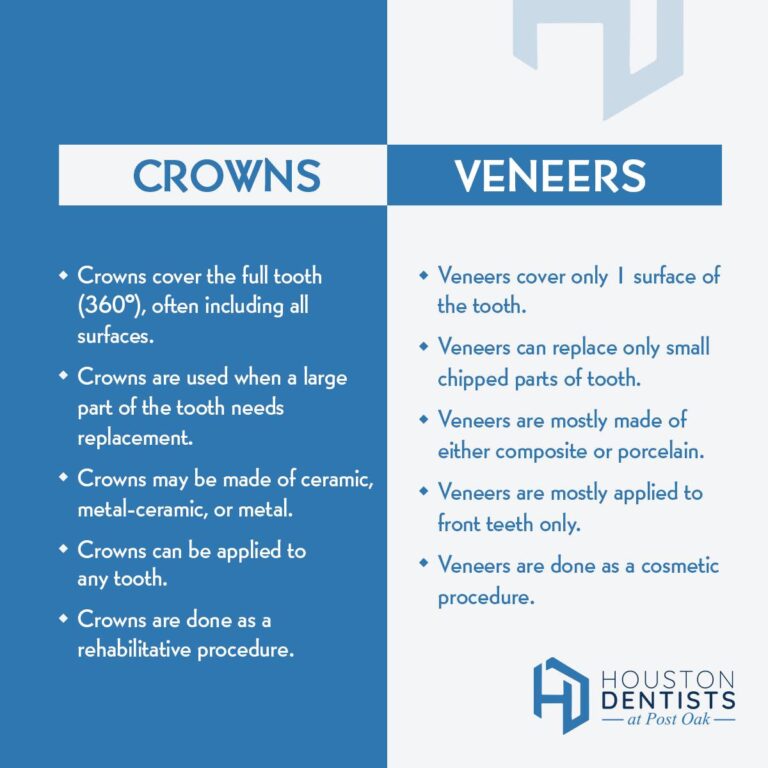Veneers are a game-changer for achieving a radiant, confident smile, offering a quick and effective solution for stained, chipped, or misaligned teeth. With proper care, veneers can last…

Jaw Tension TMD Headaches
Jaw tension headaches are a little different from the tension headaches you may get from stress. Jaw tension headaches frequently occur in patients with TMJ dysfunction, usually because the patient is clenching their jaw in pain. Clenching your jaw in this manner is known as bruxism, which is not only a dangerous habit because it can exacerbate jaw pain, but it can also cause teeth grinding. Teeth grinding in turn can cause broken, chipped or cracked teeth.
Jaw tension headaches can be relieved by over-the-counter pain medications, such as acetaminophen or ibuprofen. You can also ease jaw pain by applying warm compresses to the jaw for 15 minutes at a time. This will not only alleviate some of the pain, but it will also loosen the tense muscles a bit and help to relax the jaw.
Misaligned Bite TMJ Dysfunction Headaches
A misaligned bite is more than just a cosmetic dentistry issue. It can cause real problems with chewing, speaking and keeping your mouth clean. It can also worsen TMJ dysfunction and encourage TMJ dysfunction headaches. When we put strain on our lower jaw to try and compensate for the misaligned bite, it can cause pain and tension in the muscles surrounding the face, which can in turn cause a headache.
Headaches from a misaligned bite can be extremely painful, but they can be treated with over-the-counter painkillers and warm compresses. They can also be alleviated by treating the bad bite, typically through the use of orthodontics such as braces or clear aligners. If you do have a misaligned bite, Dr. Pigneri can discuss your options for treatment to help correct your bite and get you the relief you need from these painful headaches.
Migraine TMJ Dysfunction Headaches
Another headache patients often experience when they have TMJ dysfunction is migraine headaches. Migraines are serious headaches that vary in symptoms from person to person, but may include dizziness, nausea, visual disturbances and, of course, head and jaw pain.
While it is not known exactly why TMJ dysfunction causes migraines in each individual who experiences them, researchers believe that it is due to the temporomandibular joint’s proximity to the trigeminal nerve, which can become pinched, causing a migraine.
Experiencing A TMJ Dysfunction Headache: What’s Next?
If you find yourself suffering from frequent, unexplained headaches, or if you already know you have TMJ dysfunction, treating your TMJ dysfunction is of paramount importance. Not only will treating TMJ dysfunction alleviate jaw pain and potentially prevent your teeth from the catastrophic damage of bruxism, but it can also help to alleviate TMJ dysfunction headaches.
If this sounds like you, it’s time to schedule a consultation with Dr. Pigneri.
The Treatment Plan For TMJ Dysfunction Headaches
Treatment for TMJ dysfunction will vary from person to person, depending on both the cause and the severity of the patient’s TMJ dysfunction. TMJ dysfunction can actually be caused by many things, and the condition itself is classified as a collection of over 30 conditions. Patients can present multiple conditions that are in totally different combinations than the next person and still have the same diagnosis of TMJ dysfunction.
Some common causes of TMJ dysfunction include everything from jaw injury to a misaligned bite to genetics.
Thankfully, treatment is generally very successful. Treatment for TMJ dysfunction can include everything from orthodontics to bite guards to custom oral appliances that reposition the jaw into a more natural position and fit comfortably in the mouth. In the interim, over-the-counter painkillers such as ibuprofen and acetaminophen can help alleviate headache and TMJ dysfunction, as can warm compresses, jaw massage and physical therapy. Speak to Dr. Pigneri about which combination of these solutions will work best for your individual situation.
Is it Really A TMJ Dysfunction Headache?
It is also important to note that even if you have TMJ dysfunction, not all headaches you experience will be a direct result of the condition. There are many triggers for headaches, and many different types of headache. Thus, if you are experiencing frequent headaches, it is a good idea to seek medical attention to rule out more dangerous types of headaches, or to begin a treatment regimen best suited to your specific headache, whether it be related to TMJ dysfunction or not.






